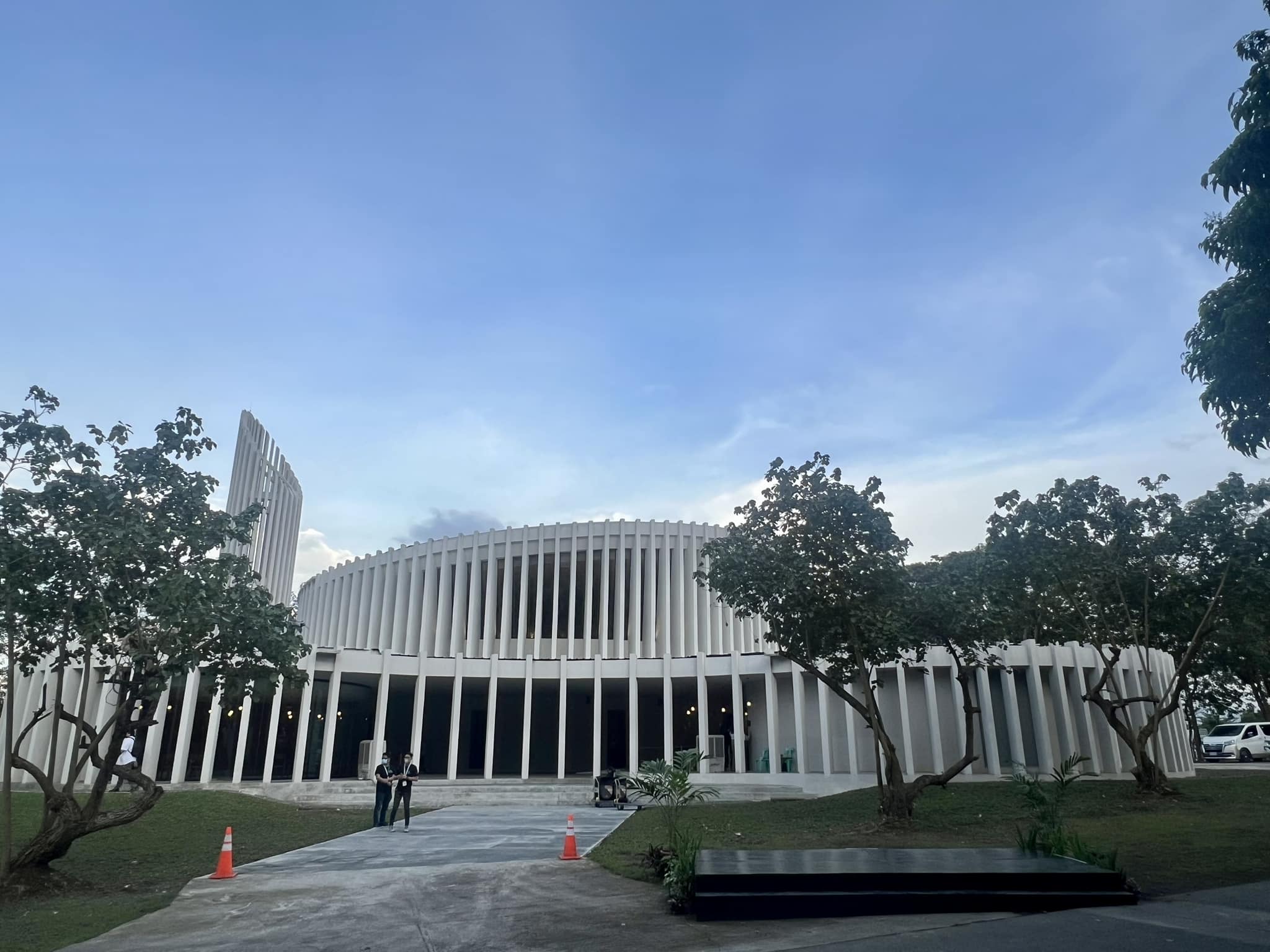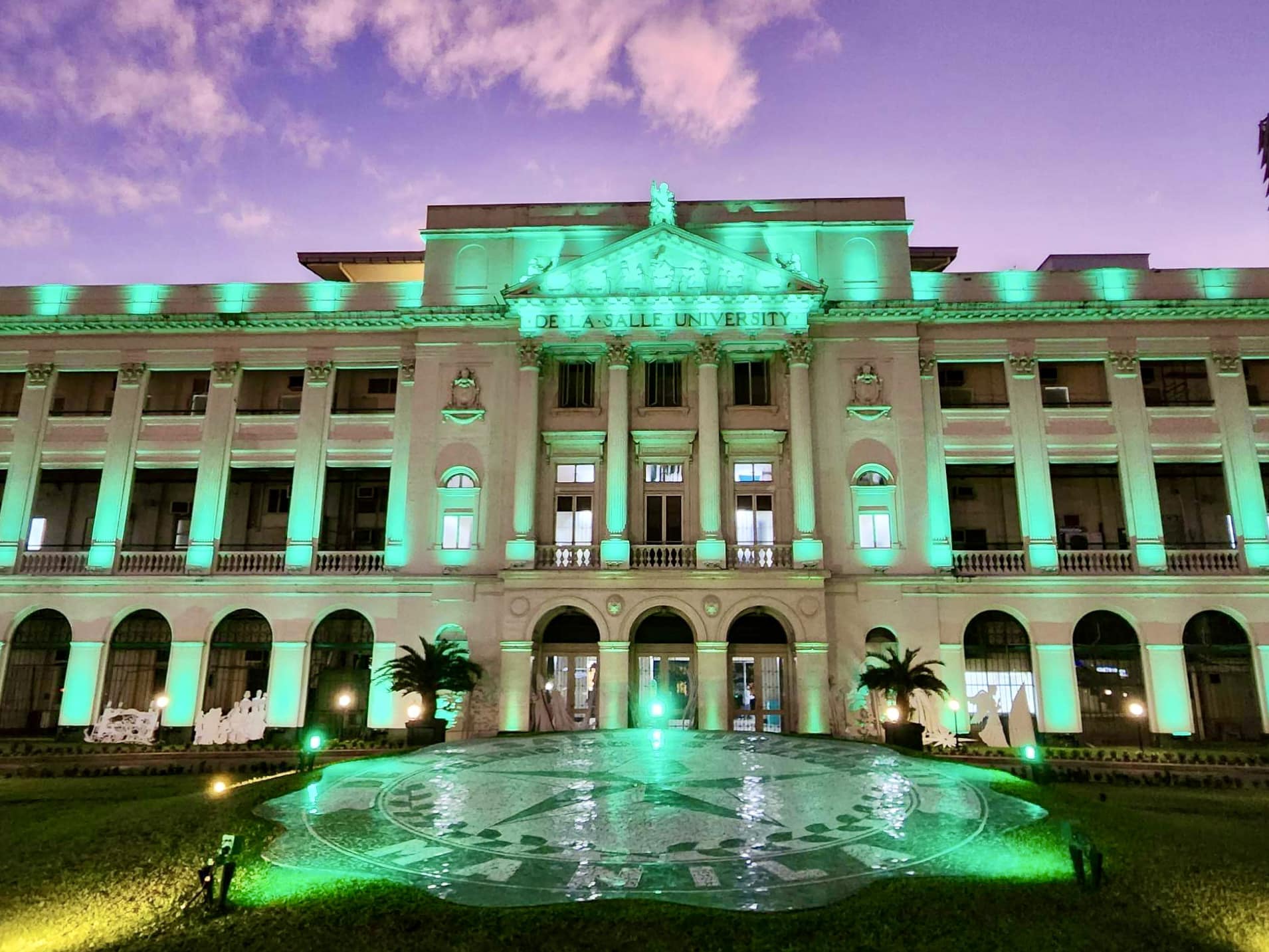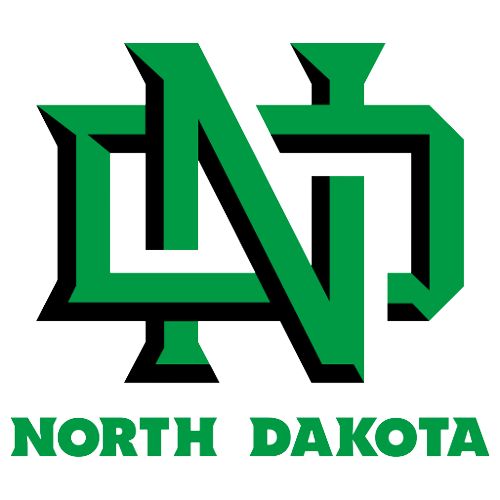Basic Research Courses: (6 units)
Methods of Theological Research/Analysis of Church Documents (Vat II FABC CBCP) – APT103M – 3 units
Students will be introduced to the various approaches and methods of doing research Practical exercises in aid of understanding such approaches and methods will be provided in view of application to the field of applied theological research The students will analyze the various Church Documents (VAT II FABC CBCP) as the foundational sources in theological discourse
Academic Writing and Empirical Research in Theology – APT526M – 3 units
Academic writing prepares the students to focus on the field of discipline and expertise like applied theology The course offers the fundamentals of behavioral research research design types of research analysis and interpretation
Core Course: (3 units)
Doing Christology in a Cultural Context – APT204M – 3 units
The course examines the process of the first disciples’ experience of Jesus and how they articulated the significance of Jesus as the Christ in their own culture The theological and hermeneutical principles as well as the phases of the process are presented as guides to doing Christology culturally today
Major Courses: (18 units)
Foundations of Applied Theology – APT101M – 3 units
Basic realities and processes within the framework of the mutual interaction between the Judeo-Christian Tradition and contemporary human experience the fundamental notions of Revelation and Faith shall be dealt with The process of “doing theology” particularly with cultural resources will be explained and illustrated
Biblical Studies: OT (Hebrew Bible) – APT201M – 3 units
A survey of the contemporary trends in the study of the bible in the area of the Old Testament The course is an updated overview of scholarly findings on the subject and their relevance to contemporary issues
Biblical Studies: NT (Christian Bible) – APT202M – 3 units
A survey of the contemporary trends in the study of the bible in the area of the New Testament The students will develop and sharpen their skills of using the Gospels as a formative tool in religious education and applied theology The course trains the students to critically evaluate their own pre-understanding as they interact with the text of the Christian Bible
History of Christian Spirituality – APT 424 M – 3 units
This course will present a history of the various kinds of Christian Spirituality developments from the time of Jesus Christ to the present A formative approach will be used in this course through examining various traditions disciplines and practices in the context of their historical development and contemporary expressions It also includes the relationship of spirituality to theology and religious education
Theology of Signs and Symbols – APT205M – 3 units
A study of the sacraments as saving Christological and ecclesial acts celebrated through symbols and rituals; how they relate to the meanings and values of the Christian community with the interface of anthropology and theology as the locus theologicus
Foundations of Moral Life in a Cultural Perspective – APT 206 M – 3 units
The course pinpoints and elaborates the changes in moral theology within the Church since Vatican II The basic themes of Christian moral life such as fundamental option moral norms conscience and sin are discussed considering the cultural context in which they are to be understood
Cognate/Elective: (3 units)
A lay empowered Church: History and Theology – APT203M – 3 units
A historical and systematic study of the theology of the Church from the perspective of the laity who constitute ninety-eight percent of it The course will focus on the role of the laity in the Church as envisioned by the Second Vatican Council
Practicum/ Capstone Project (APT 913M AND APT 914M) 6 Units
This is a supervised course intended for applied theology students in the master’s program to guide them articulate their learning with respect to fundamental Theology and its related fields in two levels: Conceptual understanding and theological praxis Hence the course will be taken in two tiers The first tier considers a discussion of the conceptual considerations in doing theology built around a particular research problem developed or identified by the student The second tier develops a discussion of theological praxis and solutions of the formulated problem relative to the student’s research objectives towards a capstone project
Oral Comprehensive Examination:
The students formulate thesis statements (theological paper) on different areas of specialization (Scriptures Systematic Theology Theological Ethics/Morality Spirituality) and will orally defend the research before the panel of examiners
Graduation Requirements:
Passing the Oral Comprehensive Exam; Presentation of Capstone Project; Publication in an international/national Journal
Show less














